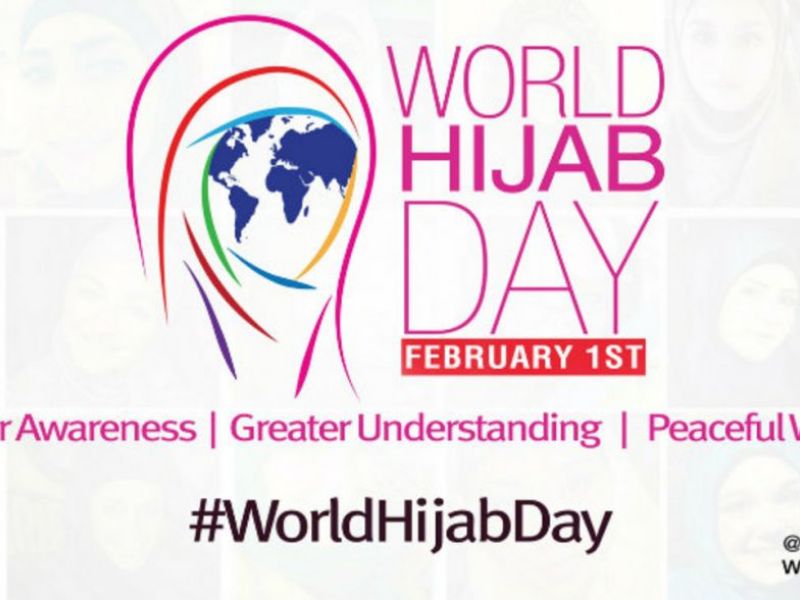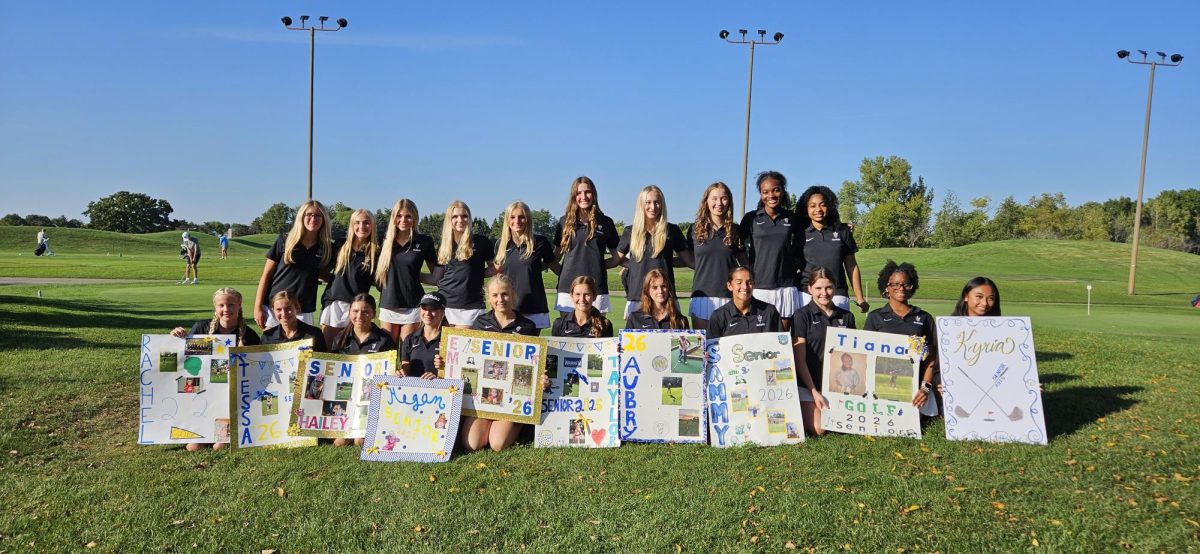World Hijab Day: A Memoir
February 5, 2018
February 1st is World Hijab Day which celebrates Muslim women who chose to wear the Islamic veil across the world. I could discuss anything about hijab from the rise of Islamophobia, hijab-wearing women in fashion or the empowerment of the veil, but I won’t. Instead, I’d like to share a memoir I first wrote for my Common Application essay which asked to describe something that catalyzed a period of personal growth. So, I’ve recounted five real conversations I’ve had with people about my hijab over the two years I’ve been wearing it.
The first conversation was with my costar, a faded star, in the middle school play.
“You an Islamic now? I thought you was black?”
I glance with a raising, twitching eyebrow. Was he serious? Today’s the day I start wearing hijab. Just the other day, I was a punk suffocating in a head-to-toe black outfit, matching my dark skin. And was a Monday of all days, like the weekend swallowed and spat me out: Reborn. Now, I look like “an Islamic” (who still suffocates in all black). My identities were a colloid to him, but to me, hijab was the perfect solution. I titter,
“I’m both, I guess.”
The second conversation was with blonde girl who blabbered incessantly; I was caught in the middle.
“So, are you wearing that for a project or something?”
She positions her fingers like they’re holding fabric and swipes along the sides of her jaw, meeting at her chin. Ah, that.
“You look so…different. I loved your hair.”
I did, still do, too. I took pride in my natural kinky curls. However, my pride feasted on compliments. I spent long hours losing myself in the bathroom mirror, letting my mind devour the verbal valentines. Three light bulbs towered above, but only two guiltily glimmered light. I feared change. People finally found me pretty; I needed to stay pretty forever. Beauty was pain. And regret. The lone, dark bulb laid dormant; I hoped one day it’ll brighten for me. I wondered if I had the strength to change it myself. I hear myself say,
“I started wearing hijab for myself.”
The third conversation was with a lovely unchanging face like one of a broken clock.
A former classmate approaches me. I hadn’t seen him in years, but I remember him perfectly, especially his eyes. His green irises wash over my face.
“Do we know each other?”
Yes. I yearn for yes to leap from my lips, but it falls through the trapdoor of my tongue, enrooting in the hovel of my throat. When did I set that? Is this a betrayal or a sacrifice? Would he think differently of me? He only knew my old life. I decide it’s a Sacrifice. Waking from mental trepidation, I sputter,
“No.”
His eyes begin to lose interest. Why am I so ashamed of myself? He tilts his head like he was looking through a kaleidoscope. His pupils are black holes pricked in the middle of all that green, pulling me in. I reflect like a fisheye lens in them, catching myself in the lie.
“Huh, you looked like someone I used to know.”
He turns away. My heels ascend and crash down. My hands clasp and unclasp. Clench and unclench. My whole body sways, begging to reunite with the past. I recognize the true Betrayal. Tersely, I call out,
“You know, I think back in middle school…”
The words of the fourth wished they had never been spoken.
My coworker sits next to me. We work for tips only and rely on spellbinding small talk, hoping to magically attract an extra bill from a customer’s pocket. He enchants me,
“It’s a shame your religion makes you wear that.”
He gingerly points, casting like his finger is a wand, at my head, or more importantly to him, my headscarf. A riveting start to our conversation.
“You’re not free.”
Yet his protruding fingers push the bubble of my freedom. I’m finally alive, yet it’s a shame to be. I battle these comments often, but they’re just a necessary part of the conversation. I hex,
“Do I look like a prisoner to you?”
The fifth conversation wasn’t sparked by a question, it didn’t need to be.
The day of the ACT, a classmate stops me and pleads for a pencil. A pencil. On the day of the ACT. Sighing, I purposely grab the three dullest points from my finely sharpened pack. Pencil-less, he verbally notes,
“I never noticed, but you’re the only black hijabi here.”
I noticed immediately. In my high school of more than four-thousand, I’ve never seen myself in anyone else. Now, one year of solitude has passed, and hijab enclosed me like a pupa. I am still inside: changing, bettering, learning. But in someplace intangible, it’s been a lifetime. I am I am a once scattered piece of the mosaic: Rearranged.
I give him the pencils. Pencil-less, I plant a verbal footnote,
“And I’m more than enough.”









